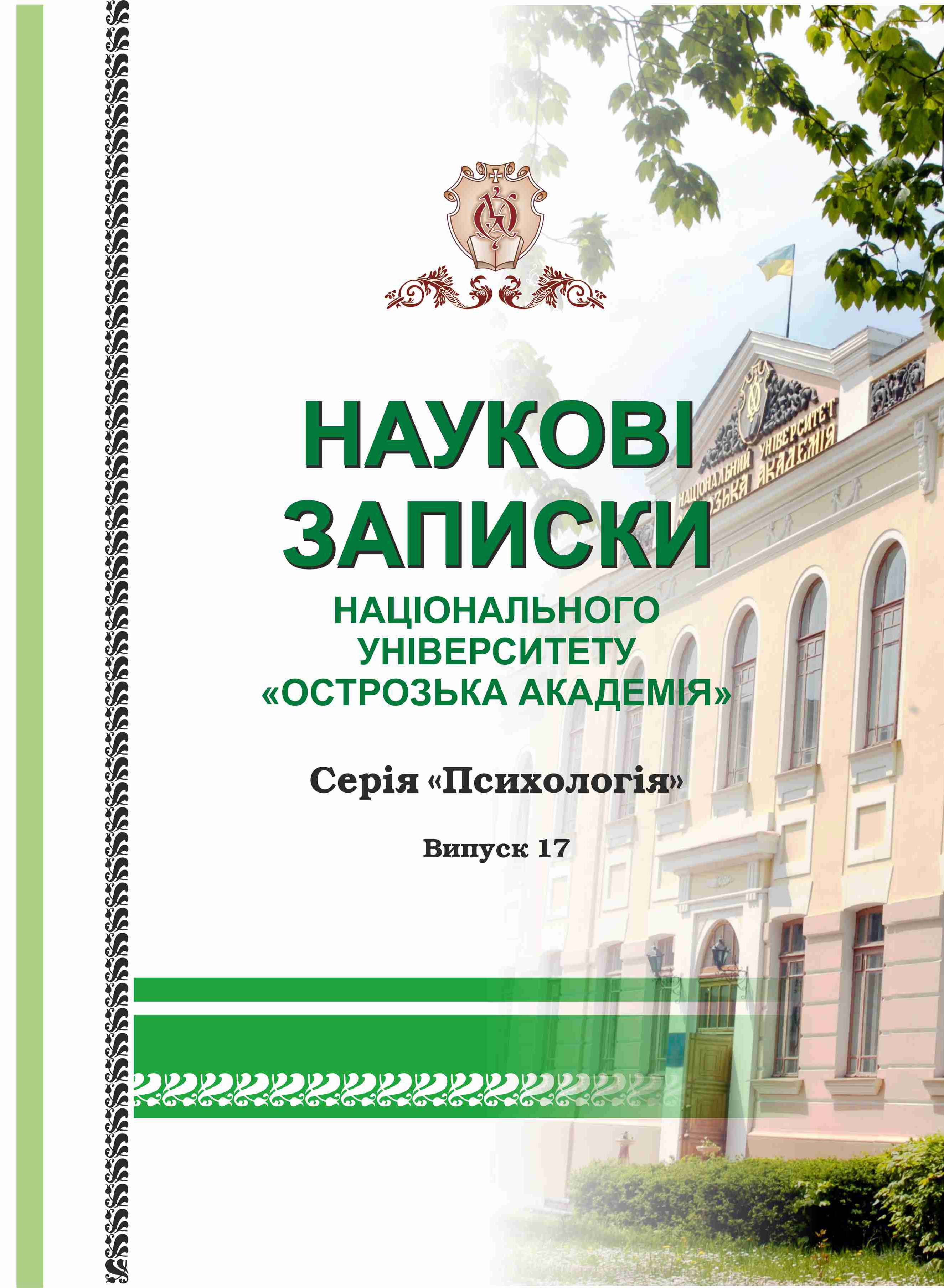VOLUNTEERS' MENTAL HEALTH IN WAR
Keywords:
mental health, volunteers, mental disorders, mental health continuum, depression, anxiety, stress, insomnia, emotional regulation, post-traumatic growthAbstract
Mental health difficulties and resources of Ukrainian volunteers in war are analyzed in the article. Attention is focused on three areas of volunteering – helping military personnel, civilians, and animals. The methodological basis of the study are the ideas of the World Health Organization, international and Ukrainian research on mental health.
Empirical research is devoted to the study of the general state of volunteers’ mental health, mental disorders and other mental health complications, indicators of coping with stress and post-traumatic growth.
The empirical study was conducted using a set of methods: "Mental Health Continuum – Short Form" (MHC-SF-UA), Perceived Stress Scale (PSS-10), Patient Health Questionnaire (PHQ-9), Brief Measure for Assessing Generalized Anxiety Disorder (GAD-7), Malach-Pines A. The Burnout Measure, Short Version (BMS), Emotional Regulation Questionnaire (ERQ), Athens Insomnia Scale (AIS), Brief Resilient Coping Scale (BRCS), The Posttraumatic Growth Inventory (PTGI). 81 people were covered by the study.
It was established that the majority of volunteers have moderate mental health (42%), while the mental health of 35% of volunteers is flourishing, and 24% of volunteers have a languishing mental state. Mental health languishing is associated with impairments in the form of depression, anxiety, insomnia, stress, and burnout, while flourishing is associated with coping with stress, emotional regulation, and post-traumatic growth.
It was found that volunteers helping the military effectively use emotional self-regulation strategies, so they do not have significant signs of anxiety, depression, or sleep disorders. However, systematic stay in stressful conditions reduces the level of coping with stress and leads to emotional burnout. Post-traumatic growth occurs mainly due to the expansion of one's own capabilities and strengthening personal and social resources.
Volunteers helping civilians have difficulty coping with stress, leading to increased symptoms of depression and insomnia. Growth is driven by new opportunities, renewed values, and social significance.
Volunteers helping animals have some difficulties with emotional self-regulation and coping with stress, so signs of anxiety and depression are observed. Post-traumatic growth is accompanied by coping with stress, accumulation of coping strategies and strengthening of values.


